Internal Training
The goal of internal training at HT is to enable our scientists to reach their full potential as independent researchers and future leading scientists. Internal training activities address, but are not limited to, trainees, doctoral and postdoctoral researchers, as well as HT Group Leaders.
In-house doctoral and postdoctoral fellows, and young Group Leaders, who for the first time independently lead research groups or service teams, benefit from mentoring programmes and career development activities, as well as from top-level scientific training opportunities.
Interdisciplinary research is especially encouraged, for example through joint PhD or postdoc projects across different HT Research Groups or Research Centres.
Undergrads & Postgrads
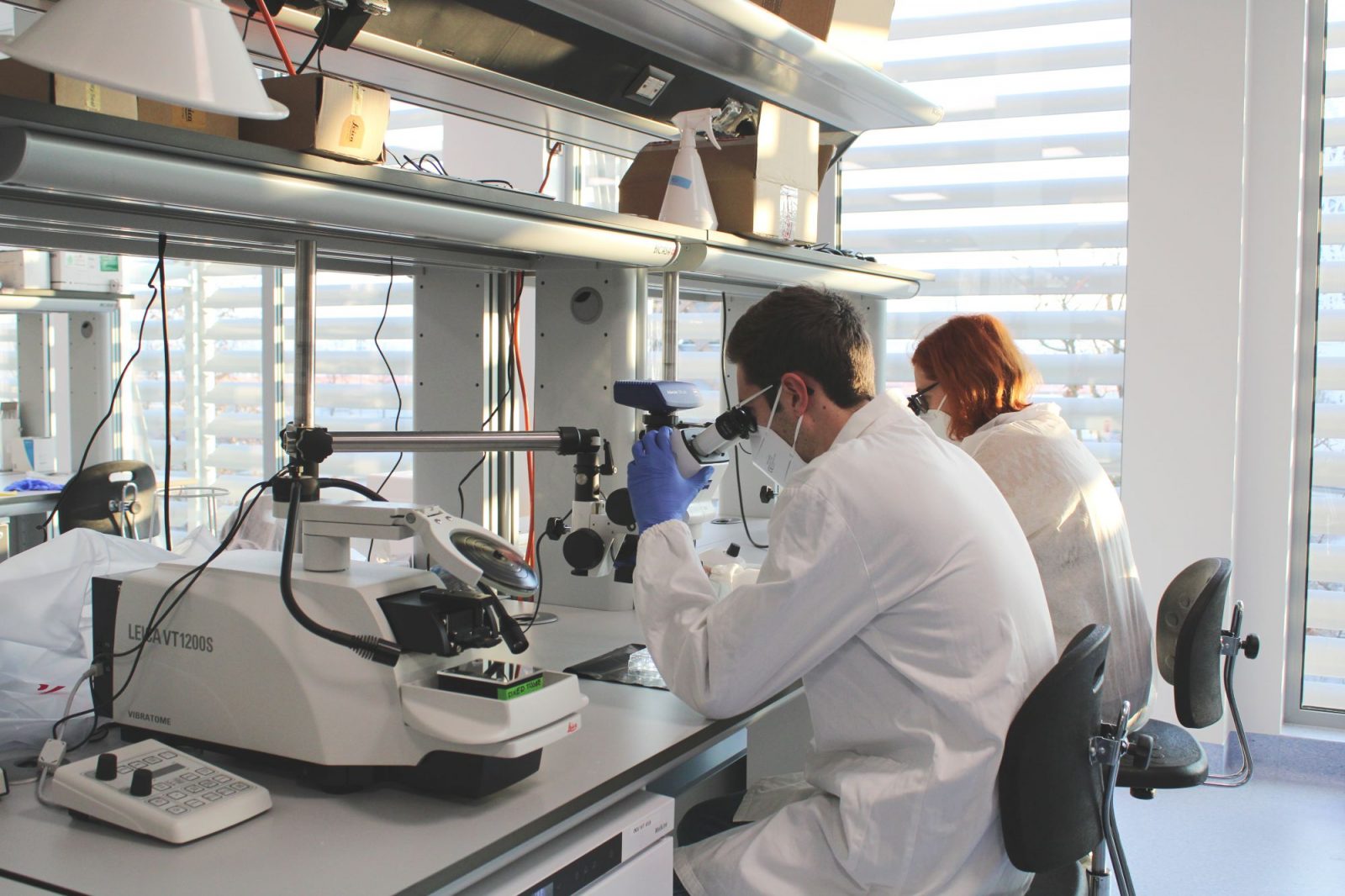
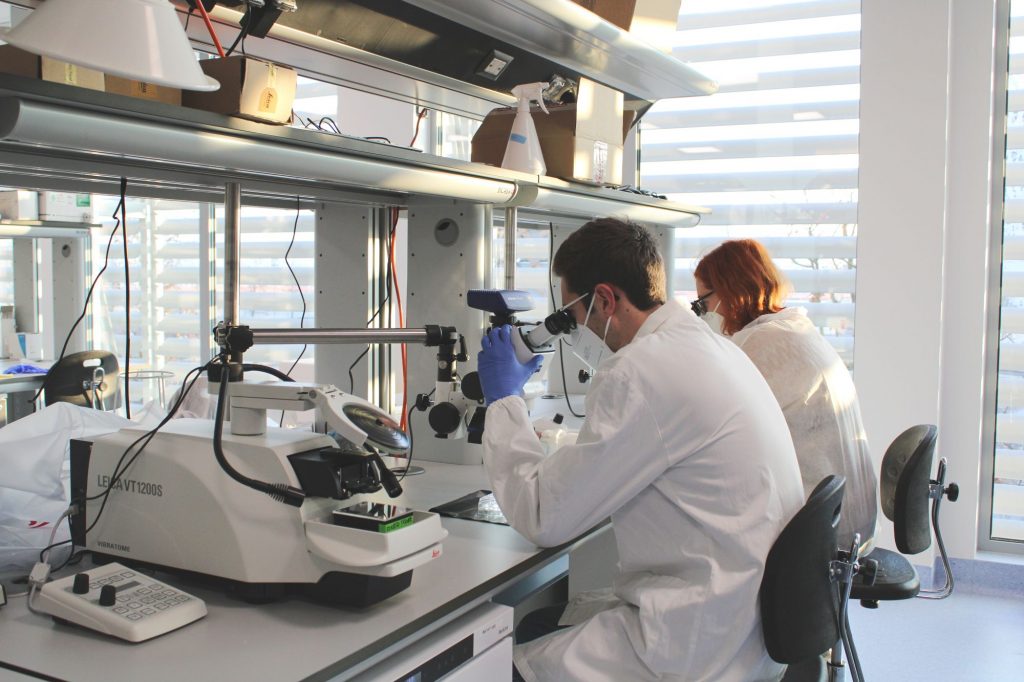
Scientific Internships
Internship projects are often available in Research Groups at HT for
- students enrolled in a university course (Bachelor Degree, Master Degree) and
- postgraduate scientists (who obtained their degree in the past 12 months).
While at HT, trainees benefit from an exciting international scientific environment and have access to a stimulating training programme, including access to state-of-the-art infrastructure, seminars, courses, training on transferable skills and career development activities.
Trainees perform their internship under the supervision of HT Group Leaders following international standards of supervision.
Are you interested in a scientific internship at HT?
HT is always looking for talented, motivated, and curious students who want to take on a scientific internship and gain hands-on experience working on real-world research projects.
Interested candidates must submit their application through the Scientific Internships position listed in the ‘Join Us’ section on the Human Technopole website: Join us – Human Technopole.
If you would like to do a scientific internship at HT and there are no suitable positions in HT website, please send an open application: email [email protected] explaining your request, clearly stating your area of interest and the Research Group you are interested to join, attaching your CV and a short motivation letter explaining why you’d like to join HT. The request will be handled by HT Talent & Acquisition Team.
We generally encourage interested candidates to submit their open application at least six months before the expected starting date of their internship to allow the completion of all administrative steps.
Tips for Internship Applicants:
- Check out HT’s research on humantechnopole.it and follow us on social media to get a feel for what we do.
- Think about which research area(s) and Group(s) you’re most interested in.
- Look up the Group Leader’s webpage and recent publications. You can also follow them on social media to get a sense of the Group’s work and daily life.
- Get in touch with your university to find out what steps are needed to set up an internship. If you are enrolled in a University outside Italy start exploring the possibility to apply to an Erasmus+ Programme or other programmes supporting international internships.
USEFUL RESOURCES
PhD Students
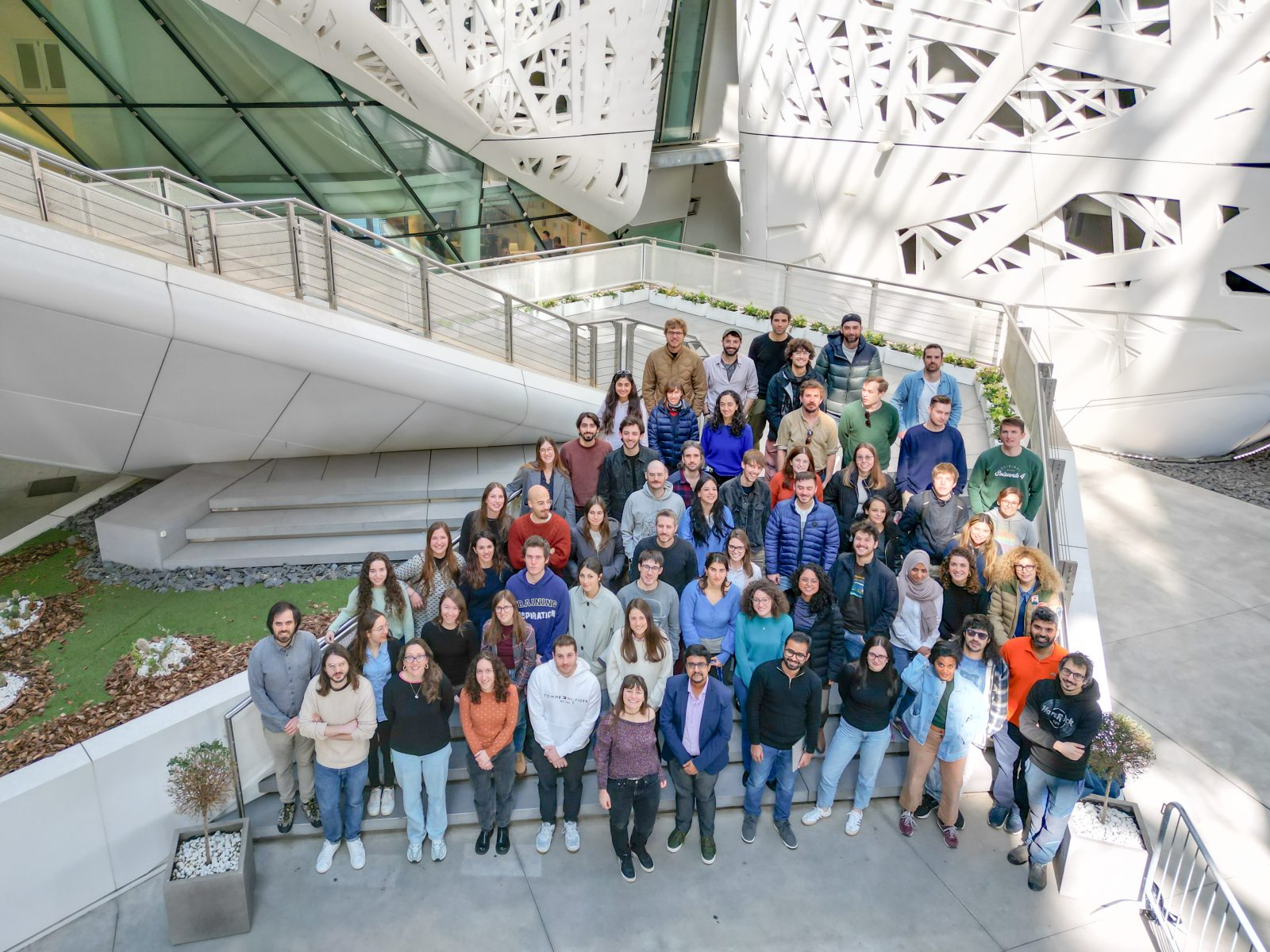
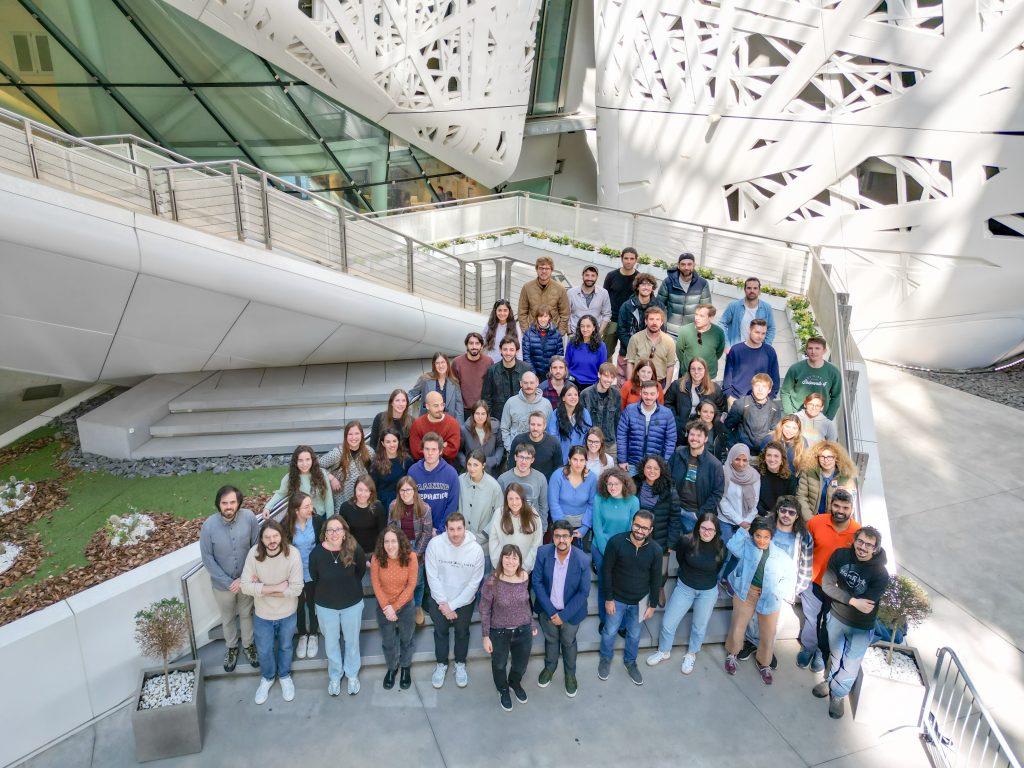
Doctoral Training
PhD Students play a central role in HT’s scientific community, actively contributing to science, innovation, training, and institutional initiatives. The HT International PhD Programme is a training framework designed to train the new generation of researchers with the interdisciplinary expertise, skills, and mindset needed to tackle complex challenges in the life sciences.
Interested in joining HT for your PhD?
Check out the latest open positions at HT!
Useful resources for prospective PhD Students
Postdocs
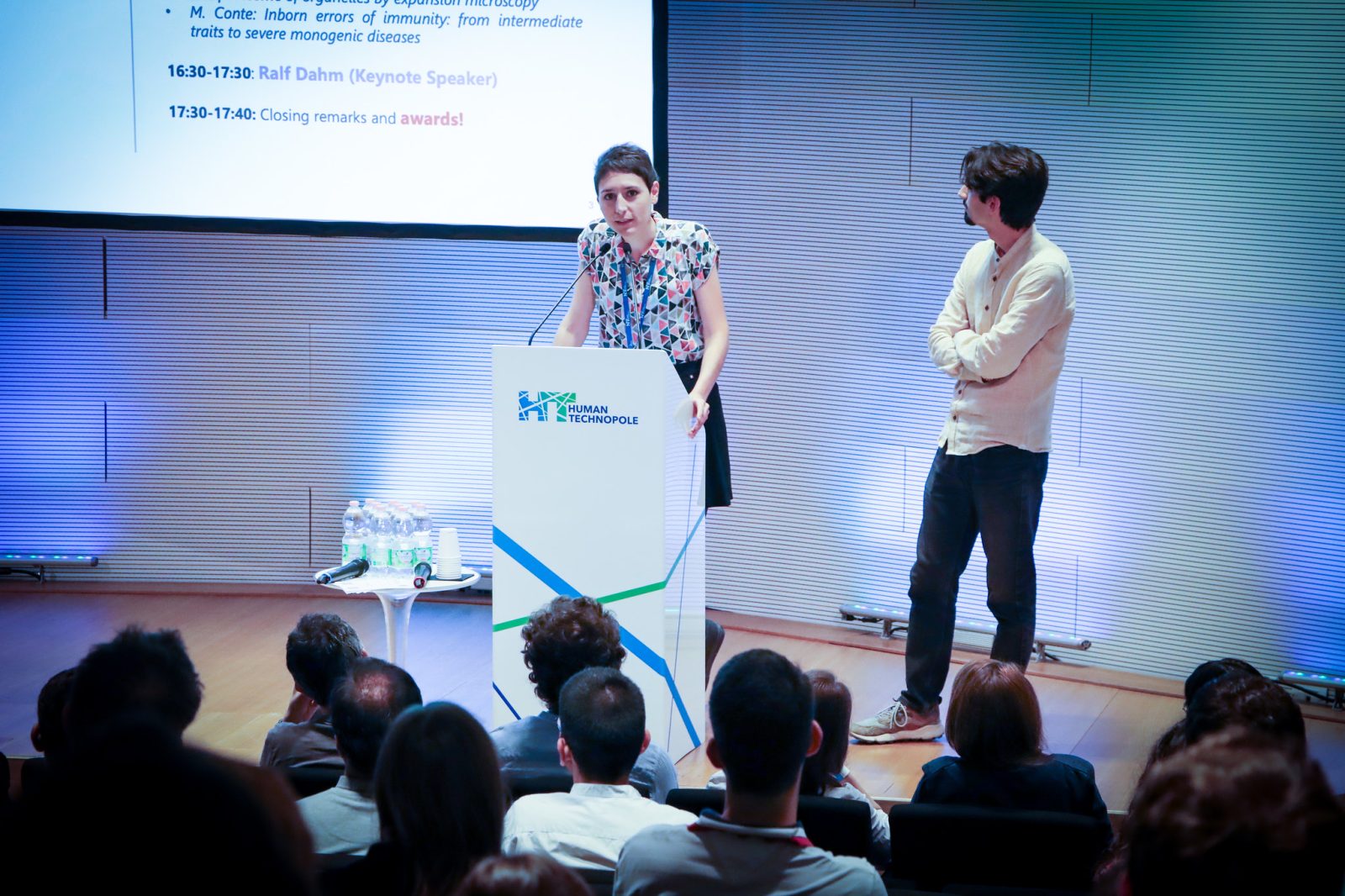
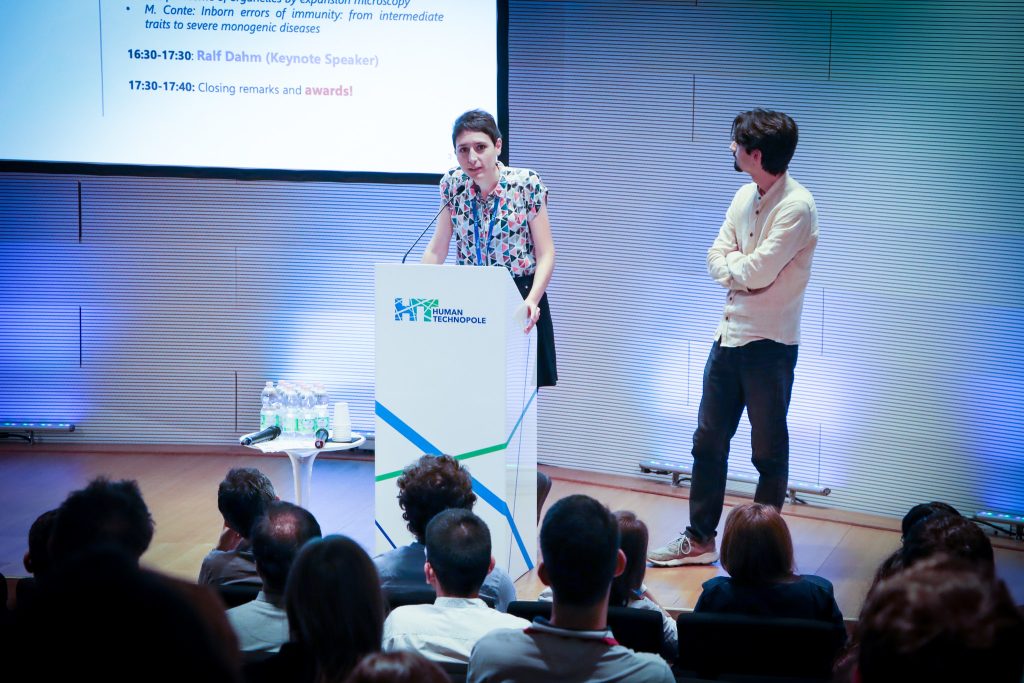
Postdoctoral Training
Are you a recent PhD graduate looking to take the next big step in your research career?
The HT Postdoctoral Programme offers the platform, training, and community to help you thrive.
Interested in joining HT?
Check out the latest open positions at HT!
Courses at HT
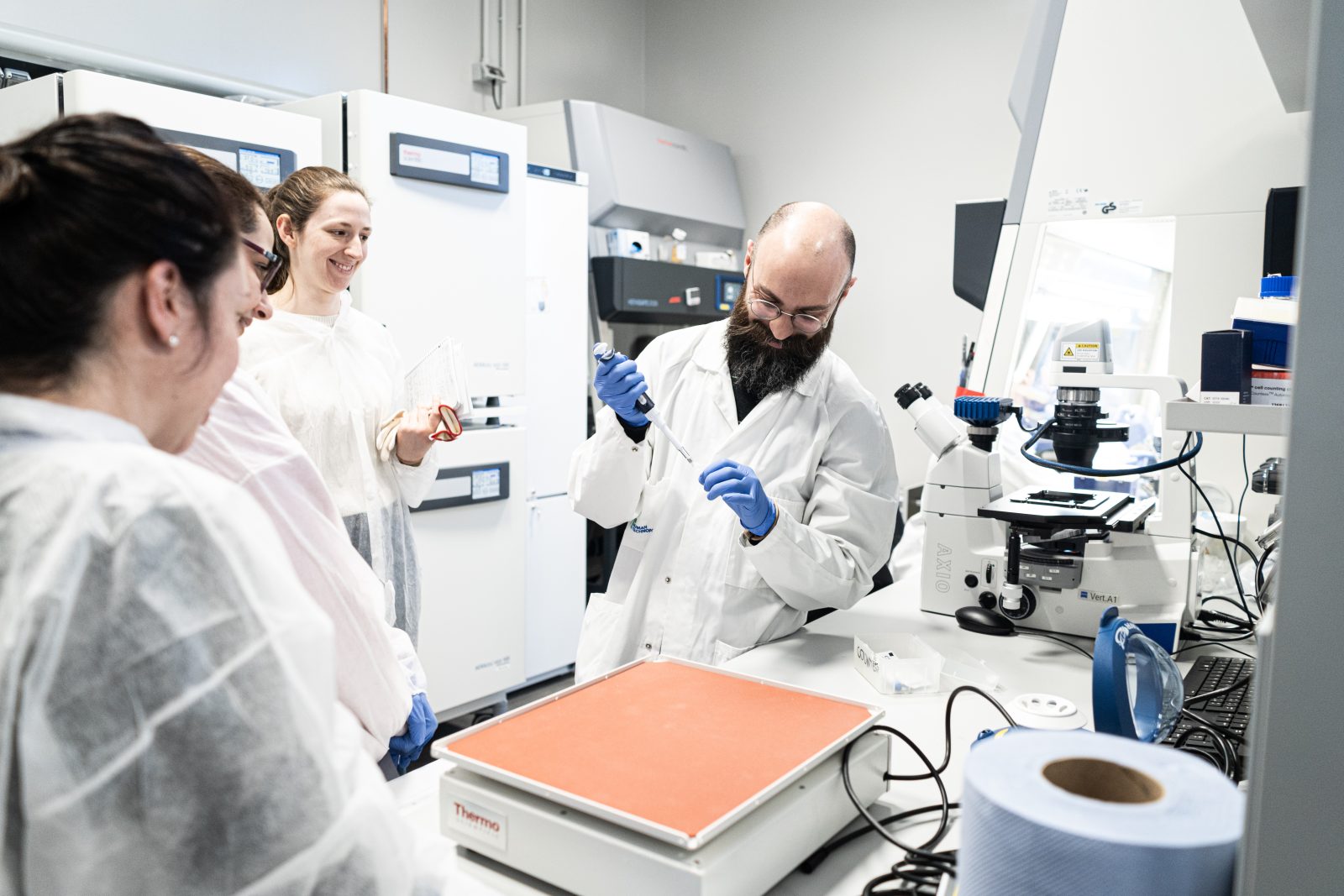
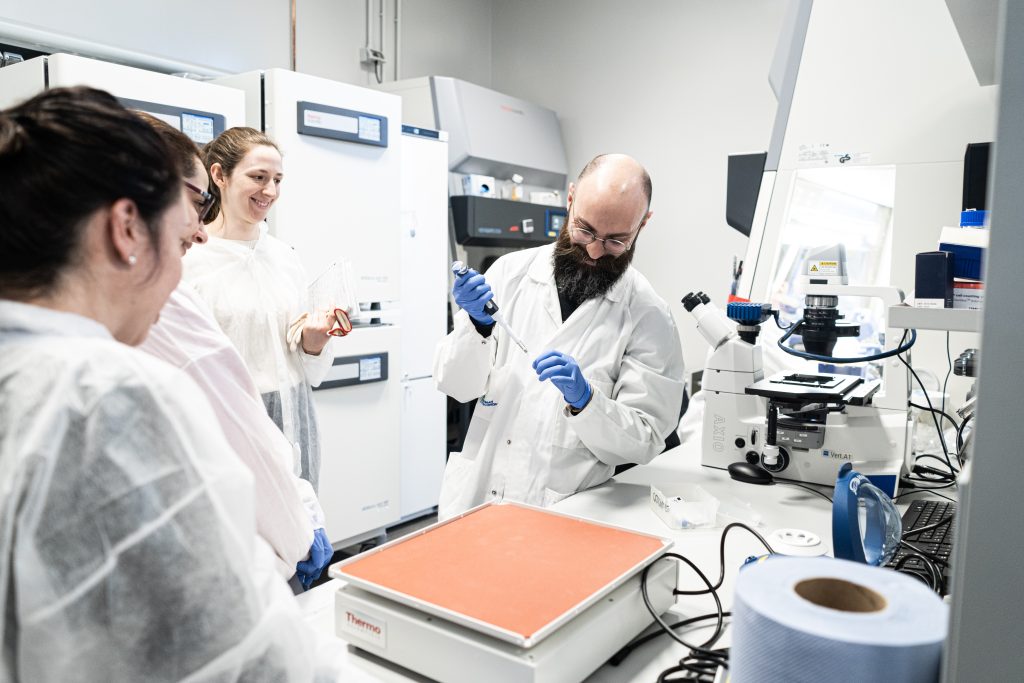
HT supports the career development of HT scientists by providing training courses on research and transferable skills, by organizing networking opportunities and by hosting regular seminars by internal and external speakers and other events where HT scientists gather to discuss science.
Internal Training Courses
On an annual basis Human Technopole publishes the annual calendar of Internal Training Courses, which are freely available to all HT scientists. HT Internal Training courses cover different scientific areas and different expertise levels, from basic to advanced, to equip participants with new theoretical knowledge and practical experience with a strong focus on the interactive hands-on part.
Examples of courses on Research Skills
- Light Microscopy
- Image Analysis
- Statistics
- HPC
- Flow Cytometry
- AI
- Lynux, Python, Git
Examples of courses on Transferable Skills
- Scientific Writing
- Science Communication
- Research Project Management
- Research Integrity
- Data visualisation
- Grant Writing
Other Training Events at HT
- HT Seminar Series: HT Seminar Series gives all HT scientists the opportunity to present their research to the HT community.
- HT External Seminars: HT scientists invite international speakers to present their research and network with the HT scientific community.
- Research Area-focused Seminars: thematic seminars offering a deeper dive into specific HT research areas.
- Postdoc Chalk Talks: Chalk Talks are organised by the HT Postdoctoral community to train speakers to communicate their research, specific aims and expected outcomes by using just a pen and a whiteboard. It’s an opportunity to practice (practice and practice) pitching one’s project and connect with peers in an informal setting.
- PhD Bootcamps: HT PhD Bootcamps are interactive training sessions dedicated to specific key aspects of the PhD experience. They offer the unique opportunity to share experiences within the PhD community and practice specific skills in an informal and friendly environment, under the guidance of the Scientific Training team. PhD Bootcamp topics include PhD planning, supervision, how to manage meetings, how to give and receive feedback, how to plan your conferences, how to prepare posters, how to choose scientific problems, career planning, and CV and motivation letter.